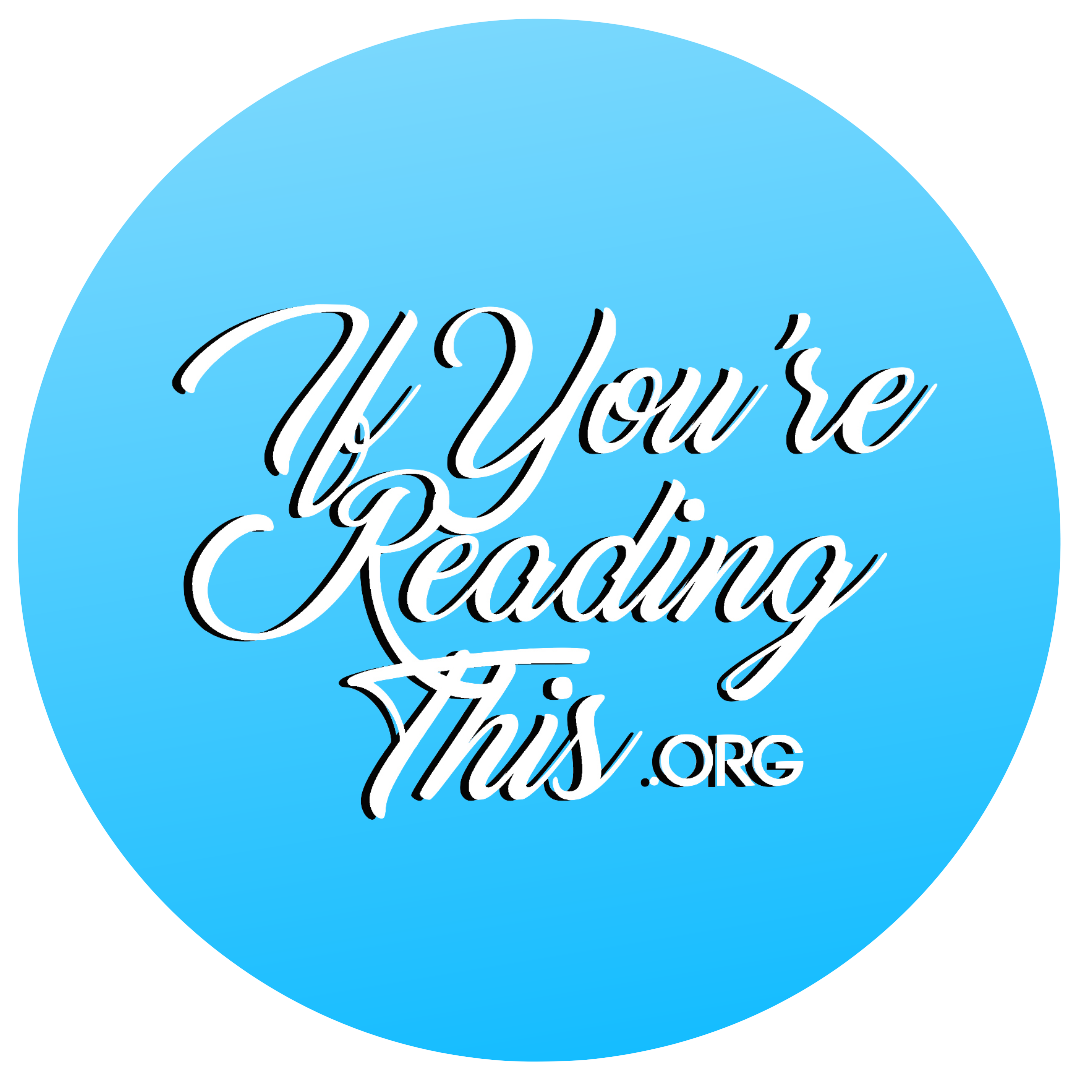Peer Health Educators X IfYoureReadingThis.org
If you’re reading this, know that grief takes time.
I lost my friend Jacob to suicide four years ago, when I was a senior in high school. The year was supposed to be full of lifelong memories, and the absolute last thing I expected was to hear that he had passed away at 8 a.m. in my statistics class. I went numb. I thought it was a joke, some sort of twisted role-play game that was supposed to teach us high schoolers to have a designated driver. When the assistant principal sat me and my friends down to discuss Jake’s death, I went into caregiver mode. I was so determined to help my friends get through the year that I shut down all of my emotions. On the day of Jake’s funeral, I did not cry. I was proud of myself for being so “strong.”
During my first two years at UVA, I kept Jake on my mind, especially during the anniversary of his death. For some reason, despite my passion to fight the stigma around mental illness, I could not get myself to discuss how I felt with my friends. I feared it would be too intense of a conversation, and, after all, I was too “strong” to still be upset.
Third year was when I realized I was not okay. I started taking classes related to my public health major, and the unit on mental health coincided with the anniversary. Shame and grief started to wash over me. I didn’t believe I was still upset. After all, it had been three years and I believed that the theoretical statute of limitations on my grief was up. Besides, I still hadn’t told anyone at UVA about Jake. So once again, I shut my emotions down.
On the anniversary this past September, I was overwhelmed. I reconnected with some old highschool friends and the wound reopened like a blooming flower. It was like I somehow remembered that he was really gone. I suddenly wanted nothing more than to have a high school basement party with Jacob and to laugh at his dumb jokes. The feelings consumed me and I couldn’t stop crying. I skipped a class just to lay down for a bit. Nevertheless, I couldn’t shake the feeling of shame for still reminiscing over Jacob’s death. Here I was, a well-adjusted UVA fourth year crying over something that happened four years prior. I was acting like I was emotionally still in high school, so I told myself that I had to get over it since we weren’t even that close. I felt so isolated and I worried that anyone I reached out to would see me as broken, spoiled, and full of baggage. I desperately wanted to put all of the sadness behind me. So why was I still upset? Eventually, I learned that the pain I endured from his death had a different timeline than that of anyone else. My other friends who knew Jake had their own paths, and so did I.
I wish I could say that I cried once and then made peace with Jake’s death, but I didn’t. All I have made peace with is that my grief does not seem to have a timeline. This type of healing takes time and, for the most part, the wound decides when it’s ready to heal.
In a community where deadlines, due dates and google calendars seem to be the norm, emotions don’t seem to fit in. However, that doesn’t mean that they are out of place. We tend to move our emotions around our schedule, when maybe we could consider moving our schedule around our emotions.
Grief is sticky and weird and consuming at times. Let it be that way. Your path will have its own hills and valleys, and unfortunately they won’t all be pretty. If you take anything away from this, it is that there is no such thing as “taking too long.” Feeling grief does not make you weak. If you’re reading this, just know that grief doesn’t play by any rules. Be kind to yourself because your mental wellness does not follow a timeline.
Jessie A., University of Virginia ‘20
This post is a part of a collaboration installment between IfYoureReadingThis.org and Peer Health Educators.
Our two organizations share the joint mission of creating a happier and healthier student body, and we encourage you to explore their resources and programs.
Peer Health Educators (PHEs) are a group of roughly 45 UVA students who are trained to educate their classmates about college health and wellness issues in a positive, interactive, fun, and nonjudgmental manner. Comprehensive training through a three-credit course prepares the PHEs to provide confidential patient education sessions; facilitate dynamic outreach programs; encourage physical, mental, and spiritual health; create informative awareness events; and promote community support to create a healthy culture. PHEs are trained to educate on mental wellness, nutrition, alcohol safety, and sexual health.
If you would like to request an outreach from the PHEs, go to tinyurl.com/requestanoutreach and fill out the form. If you would like to talk to a PHE in a one-on-one patient education session about any and all of the above-listed topics, either book a patient education online through healthyhoos.com or walk to the lower level of Student Health.
If you would like to learn more about the PHE program or would like to apply to become one, go to our tab in the student health website under “health and wellness” > “peer education”.


